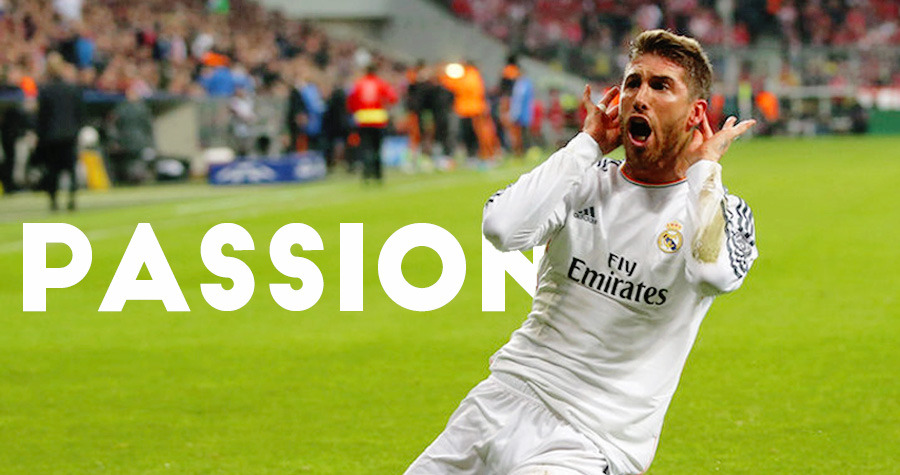According to The New York Times, here are the best selling sports books:
Trying to decide what to read on the beach this holiday weekend? Here are the best-selling sports books in May 2015, according to the New York Times best-seller list.
1. THE BOYS IN THE BOAT by Daniel James Brown (Penguin). The University of Washington’s eight-oar crew and its quest for gold at the 1936 Berlin Olympics.
2. UNBROKEN by Laura Hillenbrand (Random House). An Olympic runner’s story of survival as a prisoner of the Japanese in World War II; now a movie.
3. MY FIGHT / YOUR FIGHT by Ronda Rousey with Maria Burns Ortiz (Regan Arts). An Olympic judo medalist and Ultimate Fighting Championship women’s bantamweight champion and Hollywood celebrity tells her story.
4. H IS FOR HAWK by Helen Macdonald (Grove/Atlantic Inc.). A British woman who is also a lifelong falconer raises a fierce goshawk, rekindling the spirit of an Arthurian sport as she reflects and quotes from T. H. White’s book “The Goshawk.”
5. PEDRO by Pedro Martinez and Michael Silverman (Houghton Mifflin Harcourt). Memoir from an eight-time All-Star, three-time Cy Young Award winner and World Series champion pitcher.
6. THE JOURNEY HOME by Jorge Posada (Dey Street/HarperCollins). A former Yankees catcher tells his story, from the ball fields of Puerto Rico to behind home plate at Yankee Stadium.
7. THE A SWING by David Leadbetter with Ron Kaspriske (St. Martin’s). A golf instructor shares the evolution of his swing theories.
8. NATURAL BORN HEROES by Christopher McDougall (Knopf).Scrutinizing historical and contemporary figures, the author of “Born to Run” discusses what makes a hero and what fitness techniques we can learn from some of them.
9. TY COBB by Charles Leerhsen (Simon & Schuster). A biography that takes another look at a controversial outfielder who died in 1961.
10. EVERY DAY I FIGHT by Stuart Scott with Larry Platt (Blue Rider). A memoir by an ESPN anchor and commentator who died of cancer in January.
And One . . .
11. BIG DATA BASEBALL by Travis Sawchik (Flatiron). The end of the Pittsburgh Pirates’ 20-year streak of losing seasons came in 2013 when the team adopted big-data strategies.
What is your opinion?

